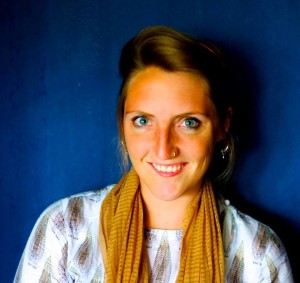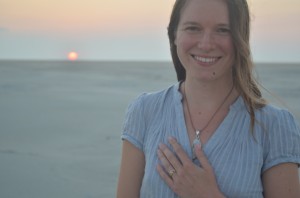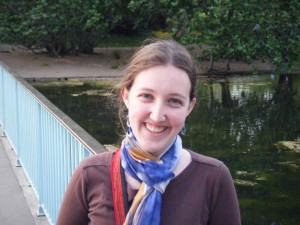The Republican primaries are giving us a foretaste of the themes the Party intends to run on in this year’s presidential campaign. It appears that at the core of the Republicans’ message will once again be an effort to portray President Obama as somehow not really a true American.
Newt Gingrich has been comparing Obama’s political views to those of the well known community organizer, Saul Alinsky. Mitt Romney is contrasting his own views in support of unfettered capitalism to Obama’s supposed support of “European socialism.” Not only is this rhetoric an attempt to situate Obama as the “other” who is somehow outside the acceptable boundaries of American politics, it is also a variation on the Party’s traditional strategy of gaining votes by scapegoating poor people for their poverty.
For decades, Republican candidates have employed the well-worn mantra of blaming poverty in the U.S. on the poor themselves. They championed roll-backs in governmental programs such as summer youth jobs, job skills training, aid to mothers with young children, and public housing, always arguing that they fostered dependency and laziness. Their solution to poverty was simple: people just need to work.
Yet, as we enter the third year of the most severe recession since the Great Depression that has left one in seven Americans living in poverty, the old Republican mantra just doesn’t work very well. It is hard to convince anyone that so many people are now poor due to their own shortcomings when millions of jobs have disappeared from the American economy.
So, rather than defaming the poor themselves, Republican candidates are turning their attacks on those who have sought to create more just and fair economies, be it at the local level as was the case with Saul Alinsky or nationally as has been the case with Social Democratic parties in Europe.
Saul Alinsky is widely recognized as the originator of contemporary forms of community organizing. He began in the 1930’s by building a community organization in the poor working class neighborhood in Chicago that was immortalized in Upton Sinclair’s famous book, The Jungle, which described the heavy toll that modern forms of industrial capitalism were exacting on human lives. Alinsky’s organizing efforts in Chicago and in other poor communities were heavily underwritten by the Catholic Church since it was many of its immigrant members that were experiencing the raw exploitation of unregulated capitalism.
Today there are community organizations, primarily based in congregations, in at least 180 different cities in the U.S. The Catholic Church and other religious institutions continue to play pivotal roles in these organizations that advocate for improvements in public services to these communities. In 2009, these organizations provided strong support for President Obama’s proposals for national health care reform, which undoubtedly has been instrumental in making them a prime Republican target.
Unlike in the United States where poor people are routinely demonized, the majority of western European countries have long acknowledged that unemployment and poverty are structural problems, not personal shortcomings. They readily admit that their economies do not create a sufficient number of jobs, especially for people who lack adequate skills training.
Even Germany, which is currently ruled by the conservative Christian Democratic Party, has long provided generous income support to people who are unemployed. The Scandinavian countries, whose citizens enjoy some of the highest standards of living in the world, do have very high tax rates compared to the United States. Yet, in exchange, they have a much wider set of government supported services, including universal health care.
Dr. Helene Slessarev-Jamir is Urban Studies and Politics professor for Claremont Lincoln University, as well as the Mildred M. Hutchinson Professor of Urban Studies at the Claremont School of Theology. Her latest book is Prophetic Activism: Progressive Religious Justice Movements in Contemporary America (NYU Press).











